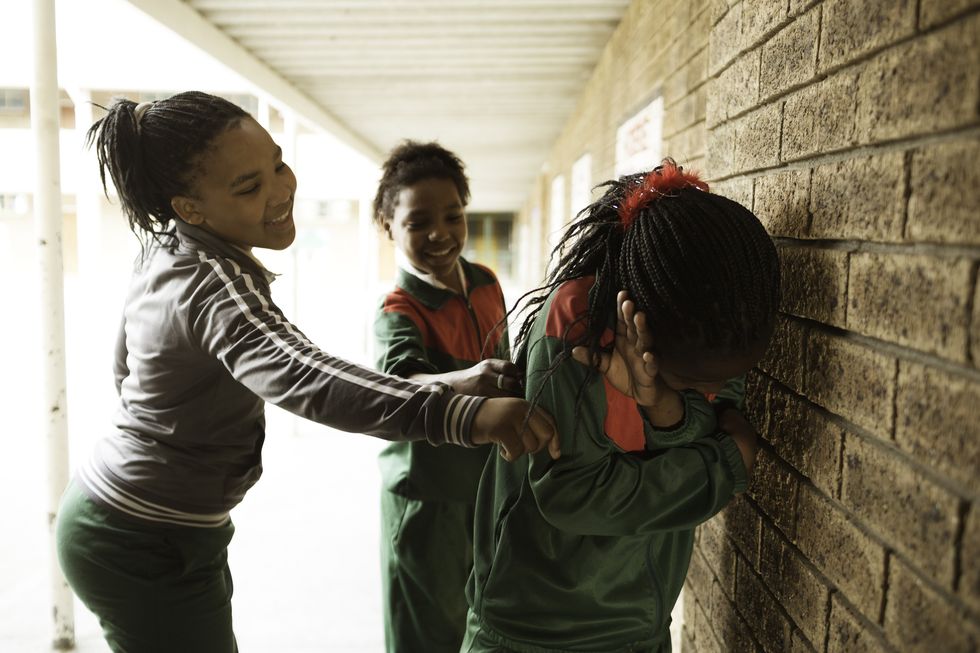How Emotional Factors Negatively Impact Your Personal Lifestyle Choices

How Emotional Factors Negatively Impact Your Personal Lifestyle Choices?
Understanding how our emotions affect our choices is super important, especially for high school students. In Life Orientation, part of the CAPS curriculum in South Africa, we explore how various factors, including emotional ones, shape our lives.
Let’s break down how emotional factors can negatively impact your personal lifestyle choices.
How Emotional Factors Negatively Impact Your Personal Lifestyle Choices
1. Stress and Anxiety
- Impact on Health: High levels of stress and anxiety can lead to poor health choices, like overeating or not eating at all, neglecting exercise, and poor sleep patterns. These habits can result in weight gain, fatigue, and decreased immunity.
- Coping Mechanisms: Sometimes, teens might turn to unhealthy coping mechanisms such as smoking, drinking alcohol, or drug use to manage stress, which can have serious long-term health consequences.
2. Depression
- Isolation: Depression can cause students to withdraw from social activities and relationships. This isolation can lead to a lack of support and increased feelings of loneliness.
- Lack of Motivation: Depression often saps motivation, making it difficult to engage in healthy activities like sports or hobbies, which are crucial for physical and mental well-being.
3. Peer Pressure and Low Self-Esteem
- Risky Behaviors: Low self-esteem can make students more susceptible to peer pressure, leading to risky behaviors like unsafe sex, substance abuse, or dangerous driving.
- Conformity Over Individuality: Trying to fit in can cause students to make choices that go against their values or interests, leading to dissatisfaction and regret.
4. Anger and Aggression
- Violence and Conflict: Unmanaged anger can lead to aggressive behavior, resulting in fights or arguments that harm relationships with friends, family, and teachers.
- Poor Decision Making: Anger can cloud judgment, leading to impulsive decisions that have negative consequences, such as breaking school rules or engaging in illegal activities.
5. Grief and Loss
- Emotional Distress: Experiencing the loss of a loved one can cause profound emotional distress, impacting concentration, academic performance, and overall well-being.
- Disengagement: Grief can lead to disengagement from school and social activities, reducing opportunities for personal growth and development.
Practical Tips for Managing Emotions
- Talk About It: Speak with a trusted friend, family member, or counselor about your feelings.
- Stay Active: Engage in regular physical activity to help reduce stress and improve mood.
- Healthy Coping Strategies: Practice mindfulness, meditation, or journaling to manage emotions healthily.
- Balanced Lifestyle: Maintain a balanced diet, get enough sleep, and make time for hobbies and interests.
- Seek Professional Help: If emotions feel overwhelming, don’t hesitate to seek help from a mental health professional.
5 Real and Relatable Known Examples of How Emotional Factors Negatively Impact Personal Lifestyle Choices
1. Suicidal Thoughts and Exam Pressure
Example: In 2019, several South African high school students experienced severe stress due to exam pressures, leading to tragic outcomes. A notable case was reported where a Grade 12 student in KwaZulu-Natal took her own life after feeling overwhelmed by the upcoming final exams. The intense pressure to perform academically and the fear of failure contributed to her emotional distress and ultimately, this heartbreaking decision.
2. Bullying and Substance Abuse
Example: A case reported in Johannesburg involved a high school student who turned to substance abuse as a coping mechanism after being bullied. The constant harassment led to feelings of low self-worth and depression. The student began using marijuana to escape the emotional pain, which led to deteriorating academic performance and strained family relationships.
3. Depression and Academic Decline
Example: In Cape Town, a Grade 10 student experienced a significant academic decline due to untreated depression. After the sudden death of a close family member, the student’s grades dropped, and he withdrew from social activities. His teachers noticed the change, but it was only after a significant drop in his performance that he received the help he needed through school counseling services.
4. Peer Pressure and Risky Behavior
Example: A high-profile case in Pretoria involved a group of teenagers who engaged in dangerous behaviors due to peer pressure. Influenced by their peers, they participated in “initiation rituals” that included excessive drinking and risky stunts. This behavior resulted in several students being hospitalized and highlighted the severe impact of peer pressure on young people’s decision-making.
5. Anger and Aggression Leading to Violence
Example: In 2020, a high school in Soweto witnessed a violent incident where a student, dealing with unmanaged anger and frustration, physically attacked a classmate. The aggression stemmed from ongoing personal issues at home, including witnessing domestic violence. The fight resulted in severe injuries and brought attention to the need for emotional support and anger management programs in schools.
Understanding how emotions impact your lifestyle choices is crucial for making healthier decisions. By recognizing these emotional factors and learning how to manage them, you can lead a more balanced and fulfilling life. Remember, it’s okay to ask for help and take steps to care for your mental health.
